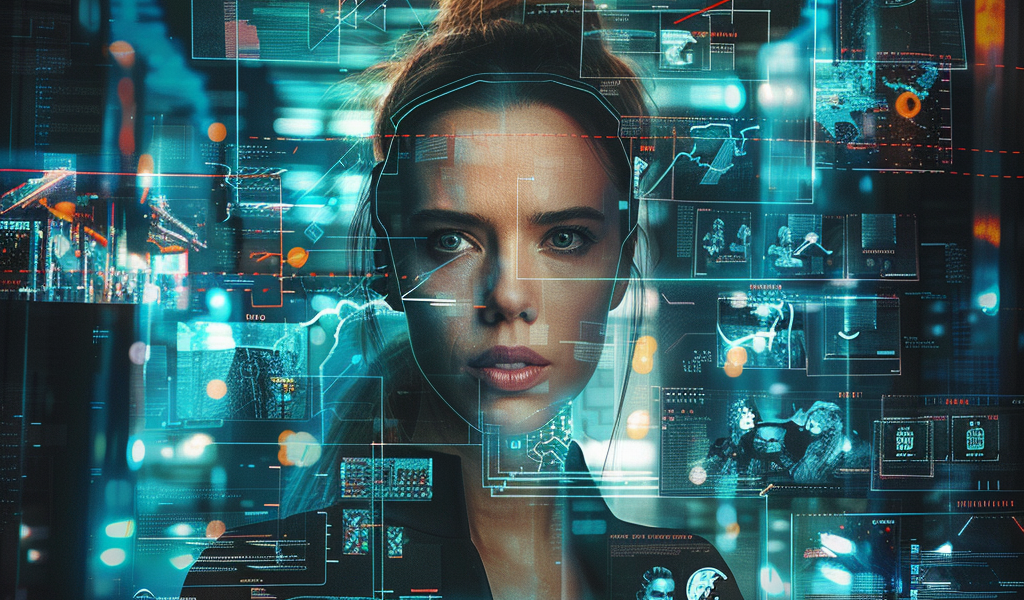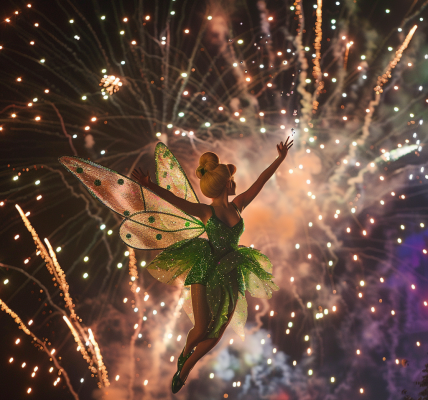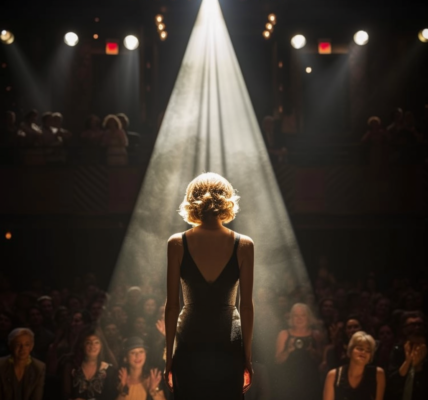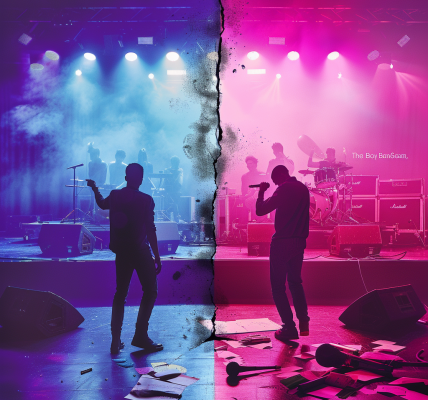In a recent development, OpenAI found itself in a legal conundrum as their new voice assistant, Sky, bore a striking resemblance to actress Scarlett Johansson. Despite claims that a professional voice actor voiced Sky, OpenAI faced backlash and eventually removed the voice. The legality of using a voice similar to a public figure like Johansson raises questions about rights of publicity.
Georgetown Law Professor Kristelia García, an expert in intellectual property and technology law, shed light on the legal implications of the dispute. The evolving landscape of AI and AI-generated content has sparked debates on the ethical and legal aspects of utilizing such technology.
OpenAI’s recent partnerships with media giants like the Atlantic, Vox Media, and News Corp to train AI models using their content further complicates the intersection of AI and intellectual property rights. These collaborations aim to enhance user experiences by leveraging established media content.
Professor García emphasized the concept of ‘rights of publicity,’ which safeguard individuals’ identities, especially those of public figures. While there is no federal right of publicity, state laws provide protection for names, images, and likenesses. Notably, the commercial interests of celebrities play a significant role in shaping these laws.





